Ferry Grijpink
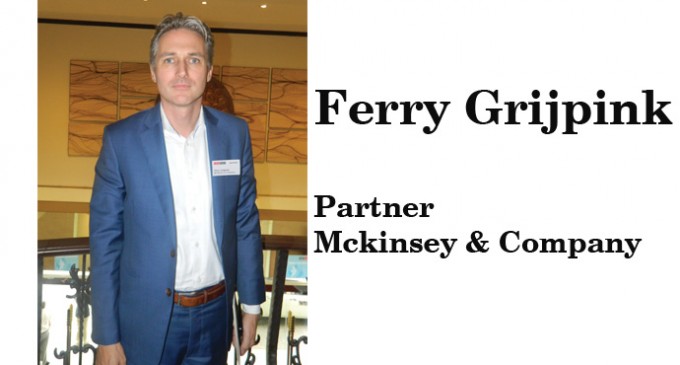
About Ferry in brief
I have been working at McKinsey since 2003. As McKinsey’s focus was aligned to my passions, it was very exciting for me to join the firm. In the 13 years that I have been at McKinsey, I have spent my time focusing on telecom media and technology. I also helped to grow our telecom practice in Africa. Now that I am a Partner in Southeast Asia, it has been an exciting challenge to help strengthen the telecom practice within the region by learning from the challenges I faced in both Europe and Africa. I have supported the launch of over ten new businesses for my client from new operations (mobile and fixed) to health care & mobile money ventures. I have worked extensively in Northern Europe (e.g Netherlands, UK, Austria, Turkey), Africa (e.g South – Africa, Nigeria, Ghana), South East Asia (e.g Singapore, Malaysia, Philippines) and Australia.
I lead the McKinsey South East Asia TMT practice, focusing on advising telecommunication, media and high tech companies on strategy, marketing and new business building. After 10 years in Amsterdam, I moved to McKinseys Singapore Office in 2013 to support South East Asian TMT clients.
Prior to my current role, I served telecom organizations in Africa and the Middle East. In Southeast Asia, I serve telecommunication clients on a wide range of issues including commercializing technologies, network strategy, network IT, and architecture.
What do you think of our Myanmar telecommunication trends?
When I was in Africa, the region leapfrogged to mobile. Myanmar, on the other hand, is going to start in the smart phone age and that is quite exciting. The nation was also quick to build relevant infrastructure for the tech sector. Myanmar went from no G to 2G, 3G to 4G in two to three years. The fact that the country’s smart phone penetration is the highest in world, is really quite stunning. Overall, there are massive opportunities in Myanmar. There’s no fixed way of doing things. There are boundless opportunities.
What about telecommunication growth connected to country’s GOP?
Our research finds that better infrastructure has a greater impact on GDP. We see that roughly 11 % of GDP growth is written by internet and digital technology in the telecomsector.
So, I think internet can do a couple of things, such as helping with the direct economic benefit. It can enable new business, improve lives and education. And that point will be able to boost your GDP even further.
Why did you come to the Myanmar Summit?
We came because we are very excited about Myanmar as a country. We are very excited about the potential, as measured in our report 2 years ago. Myanmar has the opportunity to leapfrog by moving to smart phones first. It is such an exciting place. Myanmar can translate most of its potential in GDP by 2030. So I think there’s a lot of potential and we are speaking and collaborating with everyone, to share their excitement about Myanmar and see what are the opportunities, but if we want to leapfrog. We need to make sure everybody gets online. In Myanmar, we need to encourage more women to go online.
./wp-content/uploads/2018/10/Emirate-Online-TDY.png)



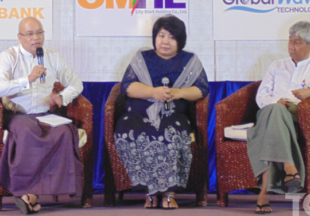
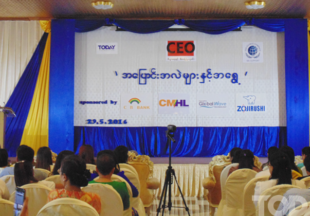
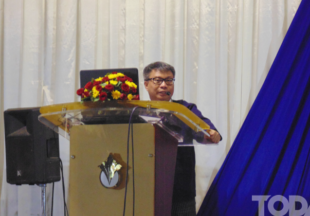
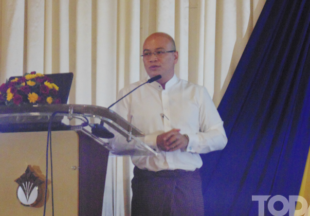
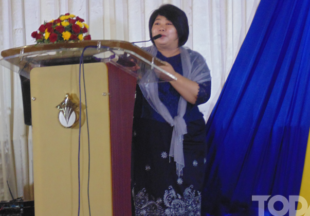
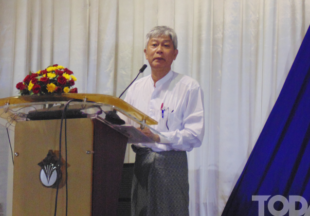
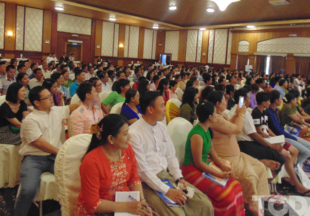
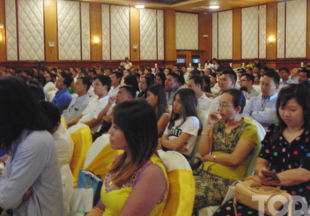
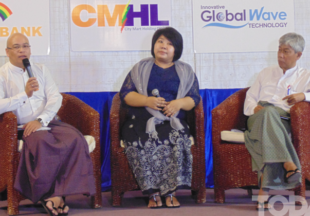







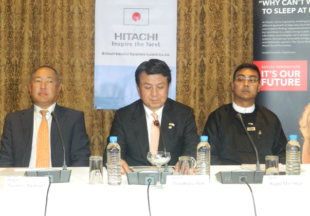
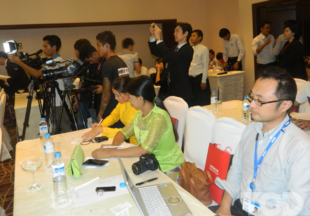
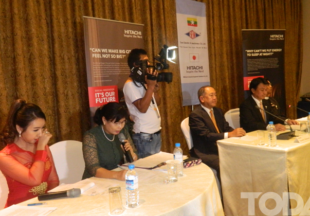









There are no comments at the moment, do you want to add one?
Write a comment